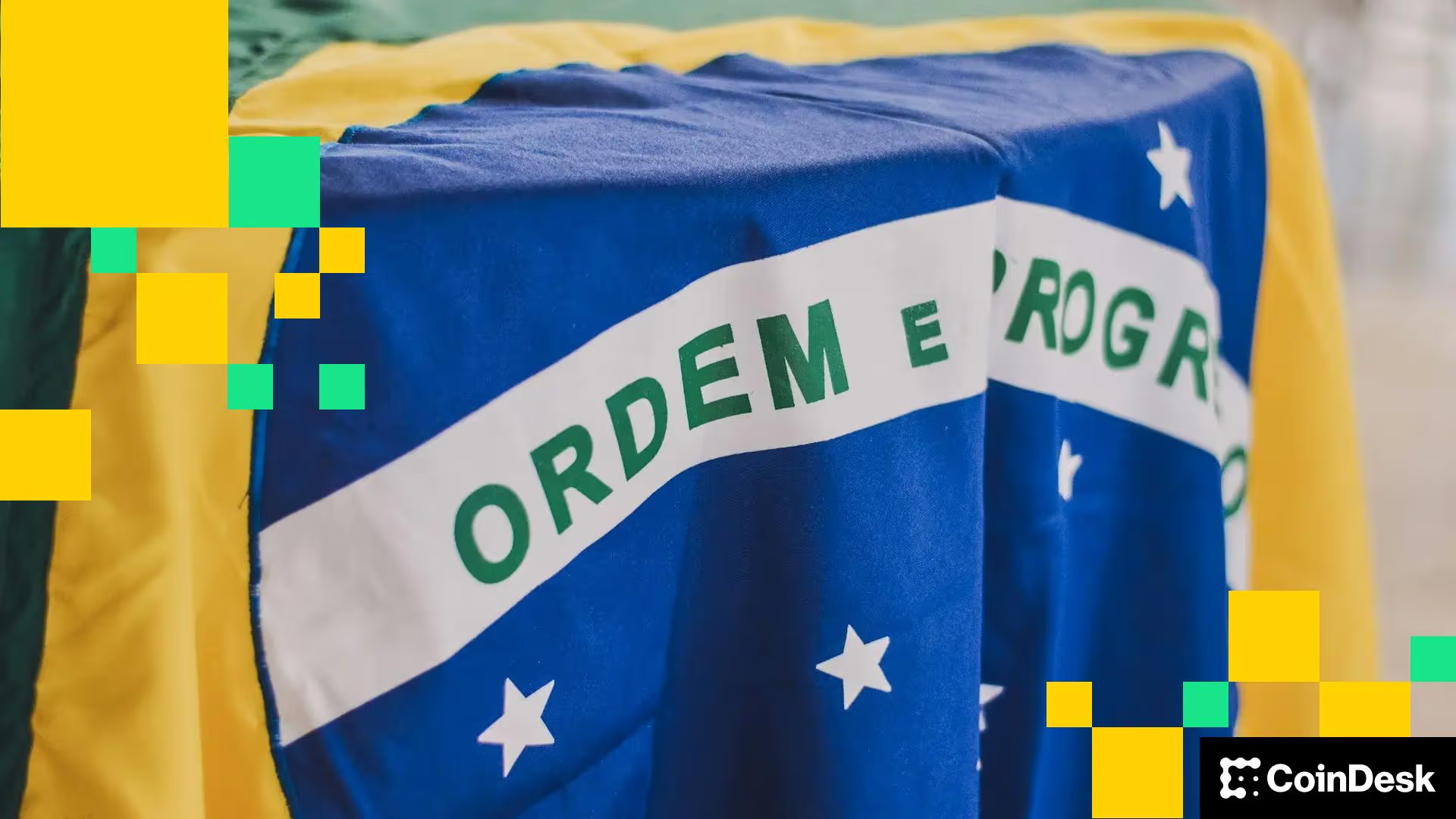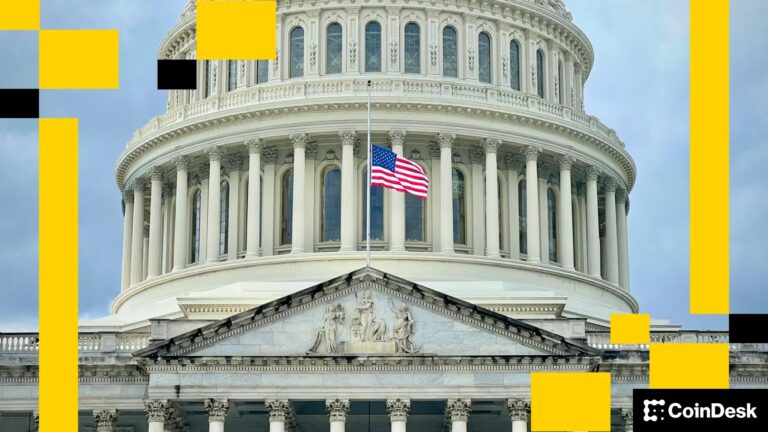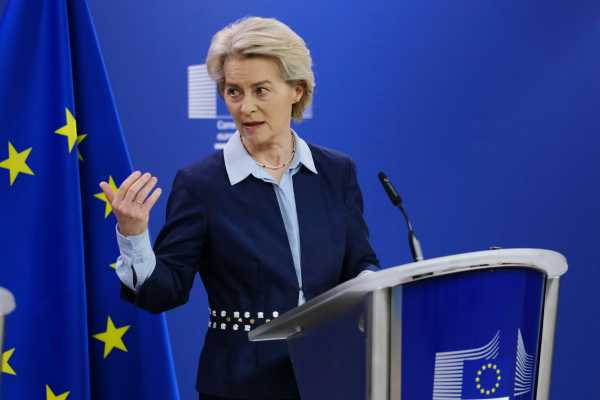Brazilian Monetary Authority Establishes Digital Asset Regulations, Imposes Capital Threshold of up to $7M for Companies
Brazil’s Monetary Authority Unveils Crypto Regulations, Sets Maximum $7M Capital Threshold for Entities
The norms categorize crypto functions as governed by forex and capital market guidelines, and mandate reporting of global deals.
By Francisco Rodrigues|Edited by Sheldon RebackUpdated Nov 11, 2025, 3:00 p.m. Published Nov 11, 2025, 1:34 p.m.

What to know:
- The Brazilian central bank presented fresh guidelines for crypto service vendors, stipulating permits and defining capital obligations.
- The norms categorize crypto operations as under the jurisdiction of forex and capital market laws, and necessitate the disclosure of cross-border actions.
- Enterprises possess nine months to adhere, and global entities attending to Brazilian patrons must institute a local organization or face potential prohibition.
The Brazilian monetary authority has rolled out its most extensive crypto regulations thus far, crafting a formal licensing procedure for service vendors and labeling a wide spectrum of crypto activities as subject to forex and capital market statutes.
The structure inaugurates three resolutions that delineate how crypto businesses are compelled to function within South America’s premier economy, the extent of capital they must maintain, and the legal handling of international crypto dealings. The rules commence on Feb. 2, granting incumbent firms a nine-month timeframe from that juncture for compliance.
The system signifies Banco Central do Brasil's most exhaustive endeavor yet to govern its rapidly expanding, yet largely unmanaged, crypto domain. While the central bank has proposed diverse recommendations since 2019, advancement has been sluggish due to institutional disagreements and industry opposition.
The hurdle “was discovering a method to merge innovation and security,” Gilneu Vivan, the bank's director of regulation, expressed during a press briefing, as per the local news source Portal do Bitcoin. “The crypto market leans heavily on technology and carries weighty obligations pertaining to anti-money laundering. All of this calls for assurances that it will be properly executed.”
Aspects of the banks' guidelines, encompassing capital obligations and timelines, encountered criticism from the crypto sector.
Capital levels surprise
Entities in the industry will be required to possess a minimum of 10.8 million reais ($2 million) in capital, the bank conveyed. Contingent on the business model, particular entities must maintain at least 37.2 million reais. That's markedly above the 1 million-3 million reais suggested during the public consultation period.
Bernardo Srur, president of the Brazilian Association of Cryptoeconomy (ABCripto), characterized the structure as “positive and necessary,” while also denouncing the capital threshold and the constrained timeframe for achieving adherence, which, he remarked, could hinder competitiveness.
Enterprises that neglect to meet the compliance deadline, which includes substantiating capital levels, cybersecurity safeguards, customer due diligence protocols, and risk appraisals, will be prohibited from operating. International enterprises functioning within the nation must establish a domestic entity and transfer operations under that arrangement.
The regulations institute a novel business entity classification: Sociedades Prestadoras de Serviços de Ativos Virtuais (SPSAVs), or Virtual Asset Service Providers (VASPs), which are now mandated to secure licensing from the central bank and are segmented into three classes predicated on the services they extend: intermediaries, custodians, and brokerages.
FX controls hit self-custody wallets
The framework additionally integrates several varieties of crypto dealings, notably those involving stablecoins, within Brazil’s forex and cross-border capital control system. These encompass international payments using cryptocurrencies, transfers to and from self-custody wallets, and crypto-to-fiat dealings.
Entities authorized to function within Brazil’s FX markets, incorporating VASPs, may undertake these transactions, albeit with limitations that involve a ceiling of $100,000 per transaction. Commencing May 4, they must report these transactions monthly to the central bank, furnishing specifics like client information, asset categories, amounts in reais, and connections between counterparties.
VASPs are furthermore restricted from managing tangible currency (domestic or foreign) and from employing foreign cash in crypto acquisitions.
The objective, according to officials, is to curtail regulatory arbitrage and infuse transparency into crypto's involvement in Brazil’s balance of payments and economic metrics.
Источник



